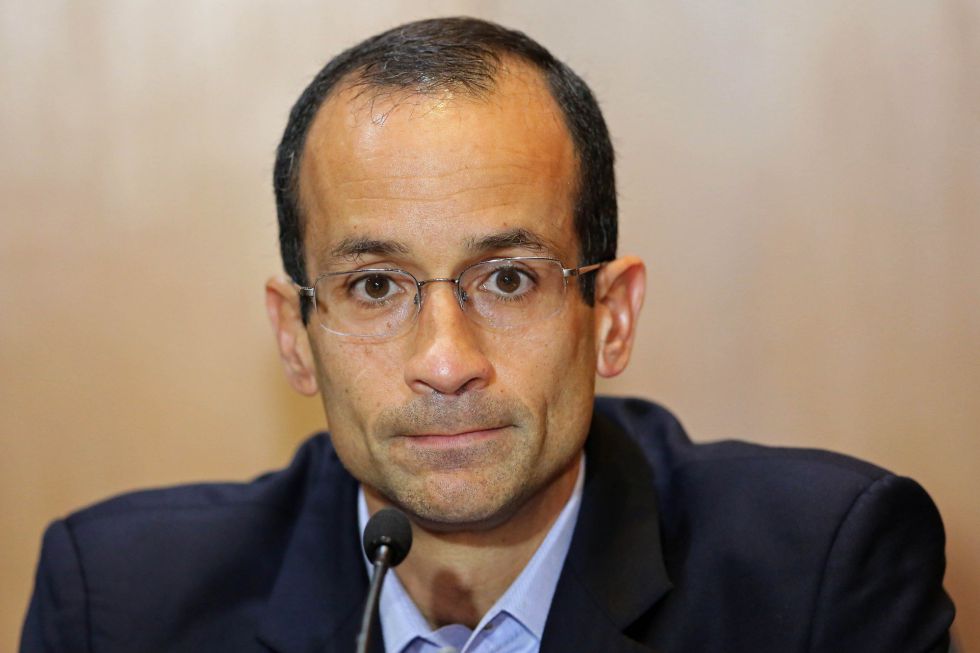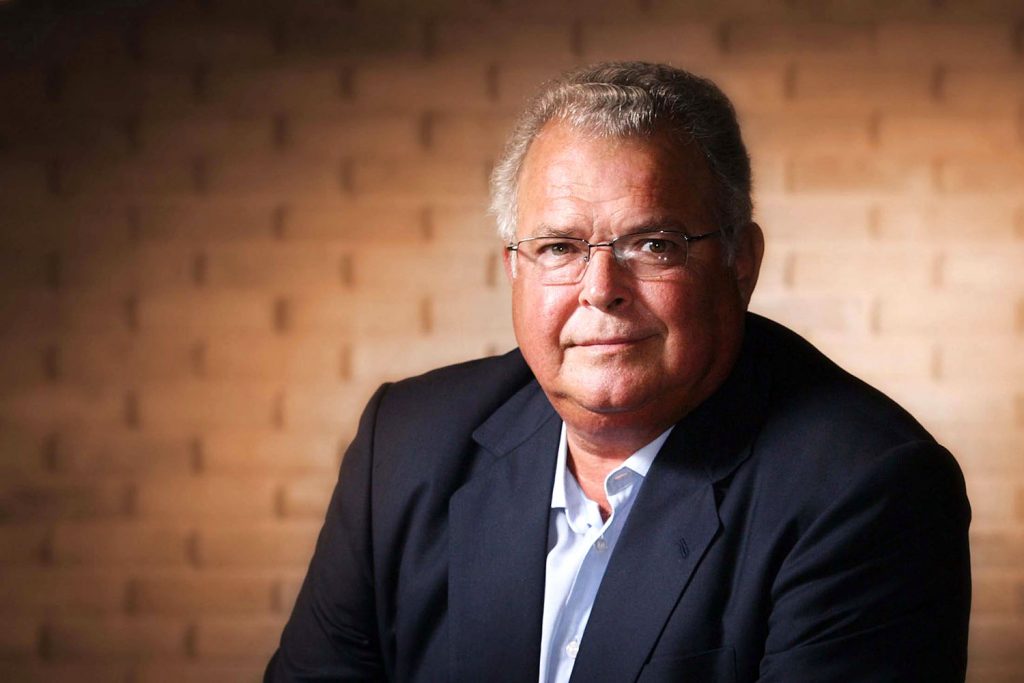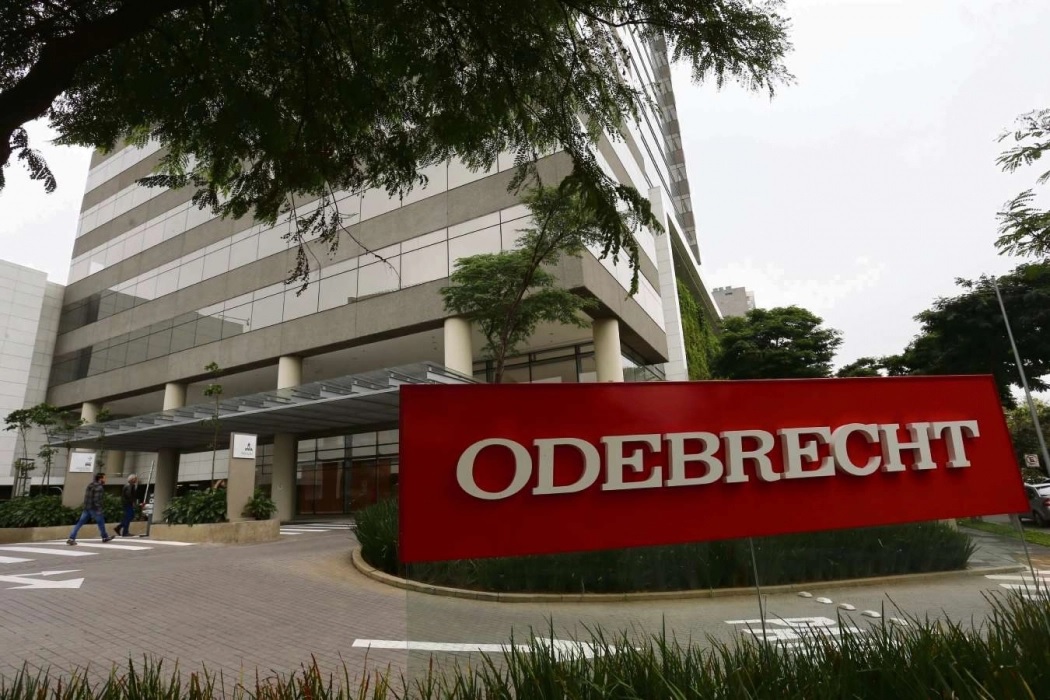RIO DE JANEIRO, BRAZIL – Odebrecht opened an internal investigation to identify eventual crimes committed by Marcelo Odebrecht in the midst of his fight with his father, Emílio, and the current executives for the leadership of the group, according to the newspaper O Estado de S. Paulo.

The outcome of the investigation, launched in the last few days and conducted by Veirano Law Firm, should be known within two months and will be delivered to the Federal Prosecutor’s Office (MPF) and the US Department of Justice (DoJ), where Marcelo signed a leniency agreement.
The investigation was commissioned by the group’s board of directors, through the conglomerate’s compliance committee, and will also investigate any irregularities by the group’s executives and former employees.
One of the grounds for the investigation is a secret document, signed by Odebrecht and Marcelo on November 16th, 2016, two weeks before the group’s leniency agreement and 77 whistleblowers with the MPF.
In the document, in which the parties are bound to secrecy for 20 years and which the newspaper O Estado de S. Paulo accessed, Marcelo demanded, in return for his denunciation being accepted, the payment of R$143 million (US$35.8 million) – in addition to the payment of the indemnity fine, which was R$73.4 million.
Of this total of R$216.4 million, approximately R$70 million were paid through a pension bond (VGBL) issued by Sul América insurance company on behalf of Marcelo’s wife, Isabela, and their three daughters. The payment to Marcelo’s family members was completed on November 29th of that year, two days before the final signing of Odebrecht’s leniency agreement.
According to the leniency agreement rules, the collaborator is required to disclose all of his assets. According to Estado, Marcelo failed to disclose the pension fund to the authorities, in violation of the agreement, given that there was a transfer of funds to family members, a condition also accepted by Odebrecht.
According to the secret agreement, Odebrecht claims that the settlement was made because Marcelo’s denunciation was “indispensable for the continuity of the group’s business activities”.
Should the violation be evidenced, the leniency agreement may be rescinded. In practice, this means that the informer loses his immunity in the face of the crimes committed.
As established in the terms of the agreement, the testimonies, documents, and evidence submitted to the courts are retained. Marcelo Odebrecht was sentenced to more than 30 years in prison for corruption, but the leniency agreement reduces the punitive consequences.
Another line of investigation, according to the story, is the creation of a “parallel power” of executives with double duties within several companies of the Odebrecht group, who would be cooperating to provide Marcelo with intelligence on the conglomerate. According to a source, the new direction of the group will dismiss these executives by January.
The investigation also determines other violations to the leniency agreement. According to Estado, Marcelo also remains in contact with other informants, a forbidden practice.
When questioned, Marcelo Odebrecht said, through his advice, that “this is another resentful and vindictive action by Ruy Sampaio (the group’s CEO since Monday) in retaliation to the petition that I have recently brought to the Office of the Prosecutor-general (PGR) on the ‘Refis da Crise’ (payment in installments of tax debts) and acts of obstruction of Justice. I can assure you that, for my part, there is no wrongdoing to be reported to the authorities”.
In the self-declaration delivered to the PGR, Marcelo denounces facts against his brother-in-law Maurício Ferro, married to Mônica Odebrecht, and who was the company’s former legal vice-president; in addition to Newton de Souza, the group’s former executive, Emílio’s right-hand man. Odebrecht and the Veirano law firm have not commented on the matter.

Family fight concerns the company
The fight between father and son over the power of the Odebrecht group, which is under judicial reorganization, was intensified with Marcelo Odebrecht’s resignation on Friday, at Emílio’s request. The group claims that Marcelo was demanding more resources than previously agreed, threatening executives.
This dispute ultimately led to the change of leadership, with the removal of Luciano Guidolin and the admission of the new president of the group, Ruy Sampaio, on Monday.
Emílio’s trusted man, Ruy Sampaio accuses Marcelo of blackmailing and setting up an extortion scheme against current executives in search of “money and power” to regain command of the group.
The family dispute is worrying creditors of the company, which has gone into judicial reorganization, with declared debts of R$55 billion. The restructuring plan should be voted on in January.
‘There was an escalation of resentment and vengeance by Ruy Sampaio,’ says Marcelo Odebrecht
After being fired on Friday, December 20th, from his own company, Marcelo Odebrecht asked the group’s compliance board to remove Ruy Sampaio, the CEO, for violation of conduct.
In messages exchange with directors of the management area obtained by Estado, the businessman stated that the measure is important to “restore normalcy in the conduct of the company’s business, at this moment of deep severity”.
According to him, behind his resignation lies his decision to file a self-declaration with the Office of the Prosecutor-General on the issues reported in the media in recent days. In Marcelo’s opinion, this is a personal retaliation and represents another serious obstruction of justice. “It is clear that because of the self-declaration there was this recent escalation of resentment and vengeance by Ruy Lemos Sampaio”.
In the e-mail sent to Olga Pontes, Odebrecht’s chief compliance officer, Marcelo states that the executive, as the company’s CEO, uses protected information and delivered in the scope of compliance and the ethics committees, which he accessed as a counselor, to take actions against the informant.
“This violation represents, by itself, a complete affront to Odebrecht’s Code of Conduct and its governance,” which would justify his dismissal.

The fight between Marcelo and Sampaio intensified with the change of command of Odebrecht, early this week. Luciano Guidolin, who had been leading the group since May 2017, was replaced by Ruy Sampaio, Marcelo’s opponent but trusted by Emílio, the patriarch of the Odebrecht family.
On Thursday, the leak of a number of e-mails from Marcelo soured the mood with his father even further. In the messages, he stated that Emílio was to blame for the company’s judicial reorganization. The next day, Sampaio granted an interview and stated that Marcelo had blackmailed the group to sign the agreement with the Federal Prosecutor’s Office. In exchange, he would have received R$240 million.
In the e-mails sent yesterday to the compliance directors, Marcelo stated that his draft petition had leaked in the media and, therefore, lodged the self-declaration at the PGR. “Yesterday [Thursday, December 19th] I spent the whole day trying to put out the fire they spread in the media. An almost impossible task with so many arsonists wanting to damage the company, protect their own interests and ruin family relationships”.
At the end of the day, Marcelo again wrote to the directors dissatisfied with the company’s statements that his resignation had been defined by the independent external monitors of the Federal Prosecutor’s Office and the United States Department of Justice (DoJ).
“I have just learned from the press that the company is taking a stand saying now that my resignation was due to the monitors. Which obviously does not conform to the statement sent directly by Ruy Sampaio early today”.
Marcelo adds that the issue was suspended until “the DoJ assessed the issue of manipulation of my reports, which the company itself confirmed in a letter signed by my father (Emílio), Newton de Souza, Adriano Jucá and Mauricio Ferro”.
To conclude, the entrepreneur further says that for over four years he has had no power de jure or de facto within the company, being completely detached from its decisions and having difficulty in obtaining the information required for the effectiveness of his agreement.
“Today, in practice, I can only do what any citizen can: express my opinion. What I believe is terrifying is that everyone knows that as an informant, having owning up to my mistakes and with my whole life having been ravaged, I can speak up unconditionally, committed only to the truth and to the search for what is right”.
And he concludes: “I will follow this line, and only go to the company punctually when demanded, as I have done so far, having gone there on occasion and on only 11 instances since I was allowed to leave home in September, contrary to what they are trying to spread”.
In a statement, Odebrecht, in turn, reported that the company’s Board of Directors followed the recommendation of the MPF and DOJ’s monitors in the USA. “The decision to dismiss, therefore, was taken by the Board of Directors, consisting of five members, three of whom were independent,” the group said.
Source: O Estado de S. Paulo

